Program
Plenary Speakers
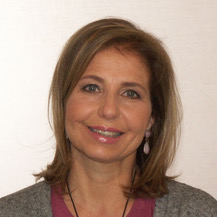
Debora Berti
University of Florence, Italy
Debora Berti is Full Professor of Physical Chemistry at the Department of Chemistry of the University of Florence.
After a PhD in Physical Chemistry, done at ETH-Zürich and in Florence,
she was a post-doc for the Italian Consortium for Colloid and Surface Science and then joined the University of Florence as a lecturer.
Debora’s scientific background is in Physical Chemistry of soft matter. Her current research topics include hybrid nanoparticle/lipid assemblies for responsive drug delivery,
interaction of nanostructured assemblies with model membranes, design and application of nanostructured fluids for the conservation of cultural heritage and lately,
microfluidic manipulation of natural and synthetic soft matter. She has a well-established track record of her work,
with more than 130 authored or co-authored research papers and some chapters contributed in specialized books.
She is co-Editor of the Journal of Colloid and Interface Science,
member of the Editorial Board of Advances in Colloid and Interface Science and member of the Ownership Board of Physical Chemistry Chemical Physics.
She is member of the Review Panel of the European Partnership for Soft Condensed Matter (ILL-ESRF, Grenoble) and of the Soft Matter panel of HZB-Berlin.
She was the President of the European Colloid. and Interface Society (2013-2015). She edited the book Colloidal Foundations of Nanoscience, published by Elsevier in 2014.
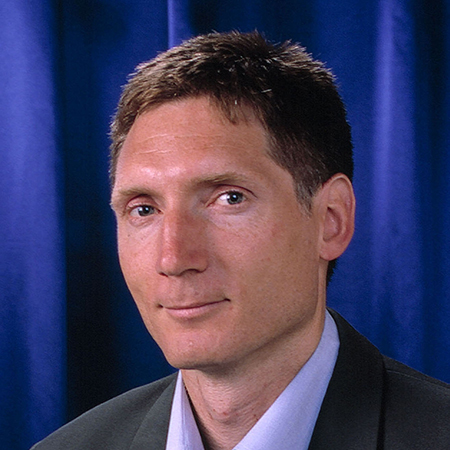
Vincent Craig
Australian National University, Australia
Prof. Vincent Craig leads the colloids group in the Department of Applied Mathematics at the Australian National University.
He completed both his B.Sc. (Honours in Chemistry in 1992) and Ph.D. degrees (jointly in Applied Maths and Chemistry in 1997) at the ANU before postdoctoral positions at UC Davis, California and the University of Newcastle, NSW.
He was awarded an ARC Postdoctoral fellowship in 1998, an ARC Research Fellowship in 2001 and an ARC Future Fellowship in 2009.
His research contributions are in a number of areas including surface force measurement where he has extended the range of materials that can be studied using Atomic Layer Deposition and has made significant contributions to our understanding of the influence of roughness,
our understanding of the forces between hydrophobic surfaces and boundary slip. In the field of specific ion effects,
he has described and codified the effect of ions on bubble coalescence and demonstrated the existence of the fundamental ion specific series that apply across all solvents.
In the field of surfactant adsorption he has revealed that the kinetics of surfactant adsorption can be very slow when aggregates are present on the surface but not in bulk.
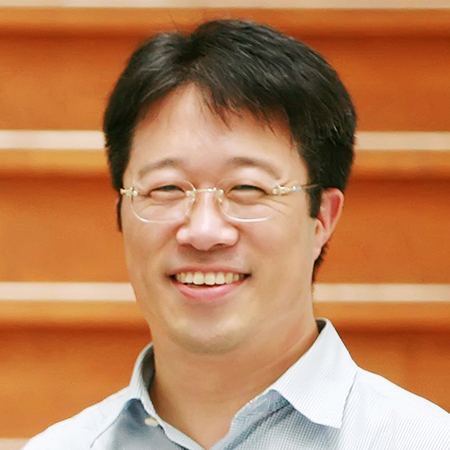
Haeshin Lee
Korea Advanced Institute of Science and Technology (KAIST), Korea
Professor Haeshin Lee studied at KAIST where he received his B.S. degree in Biological Sciences between in 1996. He received his Ph.D. degree at Biomedical Engineering Department, Northwestern University in 2007.
He started his professional carrier from 2009 at Department of Chemistry, KAIST. He is a currently director of Center for Nature-inspired Technology (CNiT) at KAIST.
Haeshin Lee invented the first material-independent surface chemistry named ‘polydopamine’ in 2007, and this study has been cited more than 4,700 times as of October 2018.
His current total citation is ~18,000. He is the founding member of Korea Academy of Science, Young Fellow. He is an Associate Editor in Biomaterials Science (RSC).
He was elected as the most highly cited researchers by Clarivate Analytics, Web of Science in 2018.
Some special recognitions and awards are the followings: LG sabbatical fellowship (2016), POSCO Chung-Am young scholar award (2011), KAIST Pioneer Award, (2012),
NASA inventor award (2008), Top science stories Discover Magazine (2008), Future young scientist award from the Ministry of Education, Science and Technology (2007),
Excellence in Teaching Award, KAIST (2010, 2011), and KAIST Award for Excellence in Collaboration (2013).
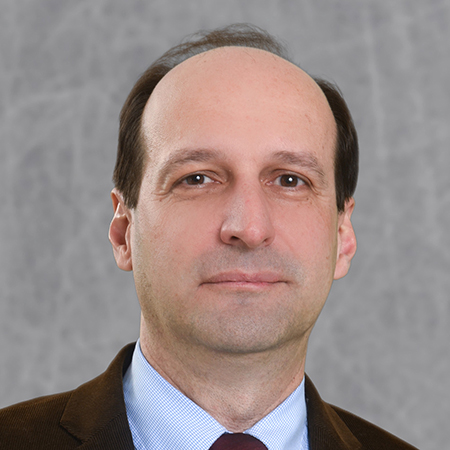
Orlin Velev
North Carolina State University, USA
Dr. Orlin Velev is a Frank and Doris Culberson Distinguished Professor at NC State University. He received Ph.D. degree from the University of Sofia, Bulgaria (1996), while also working for one year in Japan. Velev accepted a postdoctoral position and later became research assistant professor at the Department of Chemical Engineering, University of Delaware. In 2001 formed his new research group in the Department of Chemical and Biomolecular Engineering, NC State University, where he was promoted to chaired professor in 2009. Velev has contributed more than 200 publications and has presented more than 250 invited presentations. His awards include, among many others, NSF Career, AIChE Andreas Acrivos Award for Professional Progress and ACS Langmuir Lecturer. Velev has been elected to an ACS Fellow and MRS Fellow. He has established a record of innovative research in the areas of colloids and nanostructures with electrical and photonic functionality, biosensors, microfluidics and nanomanufacturing. Velev has been the first to synthesize “inverse opals” and has pioneered novel nanoparticle materials, Janus and special shape particles, and responsive active materials and microstructures. Technologies based on his research are developed by two Research Triangle Area startup companies.
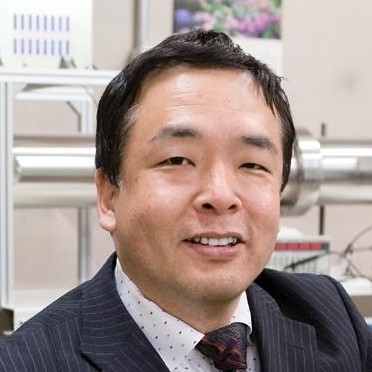
Tetsu Yonezawa
Hokkaido University, Japan
Professor Tetsu Yonezawa was born in Kobe, Japan, in 1965. He graduated from the Graduate School of Engineering, the University of Tokyo (supervised by Professor Naoki Toshima) and received his Ph.D. degree in 1994. After spending two years as a postdoctoral fellow in the University of Tokyo and Institut sur la Catalese, CNRS, Villeurbanne, France (Lyon), he joined as an assistant professor in Prof. Kunitake’s group at the Faculty of Engineering, Kyushu University. At Fukuoka, he studied on the self-assembly of nanoparticles and its applications. Subsequently, he worked as an associate professor at Nagoya University and the University of Tokyo. Since 2008, he has been working at the Division of Materials Science and Engineering, Faculty of Engineering, Hokkaido University. His actual research interest is focused on metal nanoparticles, micro and nano materials for electronics, printing technology, 1D nanomaterials and technologies on electron microscopy. He received the first carrier award of Colloid and Interface Science Division, Chemical Society of Japan in 2002, the SPSJ Hitachi Chemical Award in 2011 and some other awards. He was selected as a Fellow of the Royal Society of Chemistry (FRSC) in 2016. He has published more than 230 papers and 20 books.
DCSC Meeting 70th Anniversary Special Lectures
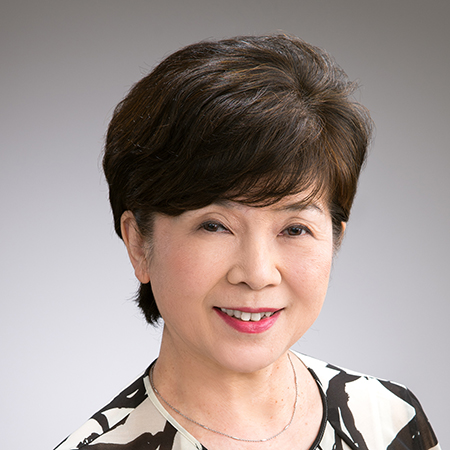
Maki Kawai
President of CSJ
Director General, The Institute for Molecular Science, Japan
Professor Maki Kawai is the Director General of the Institute for Molecular Science in Japan and is the president of the Chemical Society of Japan since May 2018.
She has been working in the field of interdisciplinary research in surface science, physical chemistry, condensed matter physics, materials science and nanoscience.
She is especially known in her study on single-molecule chemistry, where spectroscopy of ultimate spatial resolution is performed.
Of the most, single molecule vibrational spectroscopy utilizing inelastic electron tunneling process and extracting vibrational spectra from action of molecules (Action Spectroscopy) using STM stands to be unique.
Interplay between the localized spin at adsorbed molecule and electrons at the Fermi sea of metal substrate is one of the hottest topics of her group where Zeeman splitting or the Kondo resonance are resolved in sub-atomic resolution in space.
She has been the recipient of various awards including the Japanese Surface Science Society Award (2005), the Chemical Society of Japan (CSJ) Award (2008), Gerhard Ertl Lecture award, from Fritz-Haber Institute of Max Plank Society (2015),
Medard W. Welch Award of AVS, U.S.A (2016) and Humbold research award (2017), Medal with purple ribbon Japan (2017), and Diels-Planck-Lecture award from Kiel University Germany (2018).
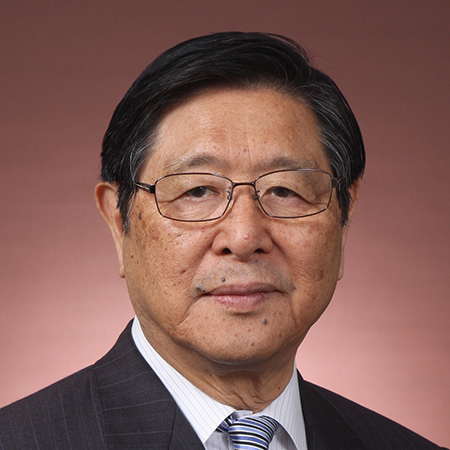
Toyoki Kunitake
University Professor, Kyushu University, Japan
Professor Toyoki Kunitake is currently a University Professor of Kyushu University.
He is a pioneer in the chemistry of molecular self-assembly, who was the first in the world to report that synthetic molecules could spontaneously produce bilayer membranes—a basic structure common to the biological membranes of living cells.
His innovative research has helped to illuminate the formation of bilayer membranes as a universal phenomenon not only in aqueous but also in organic solvents for amphiphilic compounds with extensive molecular structures.
By systematizing a mechanism of synthetic bilayer membrane formation, he helped to establish the new and promising academic field of chemistry based on molecular self-assembly, which is opening new frontiers in the materials sciences.
Prof. Kunitake obtained his Ph.D. at the University of Pennsylvania in 1962 after graduating Kyushu University. Then he returned to Kyushu University in 1963 and became a professor in 1972. He has led a number of innovative research projects including the ERATO molecular architecture project (JST, 1987−1992).
He has received numerous honors, including the Medal with Purple Ribbon, Order of Culture, Japan in 1999; the Japan Academy Prize in 2001; an H. C. Brown Lectureship, Purdue University in 2000; Alexander Memorial Lecturer, University of Sydney, 2001; Order of Culture, Japan in 2014; and Kyoto Prize in 2015.
DCSC Award Lecture
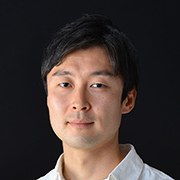
Mafumi Hishida
University of Tsukuba
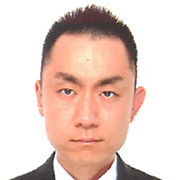
Satoshi Watanabe
Kumamoto University
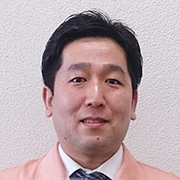
Keisuke Tanaka
NIKKOL GROUP Cosmos Technical Center
Keynote Speakers
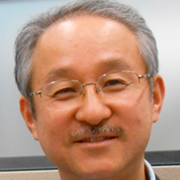
Kazunari Akiyoshi
Kyoto University
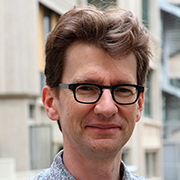
Damien Baigl
Ecole Normale Supérieure
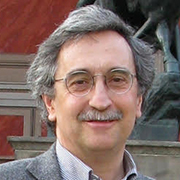
Piero Baglioni
University of Florence
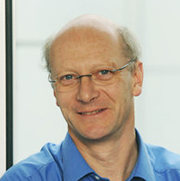
Hans-Jürgen Butt
Max Planck Institute for Polymer Research

Al Crosby
University of Massachusetts Amherst
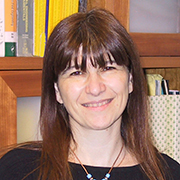
Dganit Danino
Israel Institute of Technology

Nikolai D. Denkov
Sofia University
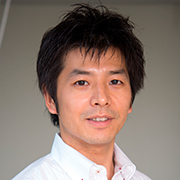
Tsuyohiko Fujigaya
Kyushu University
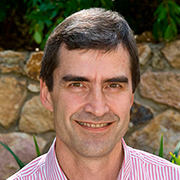
Ian Gentle
The University of Queensland
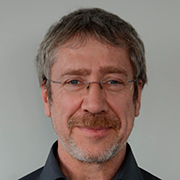
Michael Gradzielski
Technische Universität Berlin
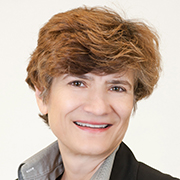
Elena Haddon
University of California, Riverside
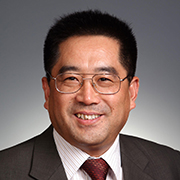
Jingcheng Hao
Shandong University

Frederick Heberle
Oak Ridge National Laboratory
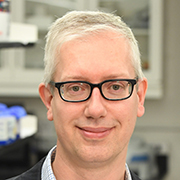
Henry Hess
Columbia University
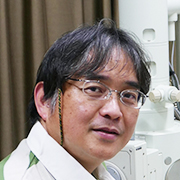
Euichi Hirose
University of the Ryukyus
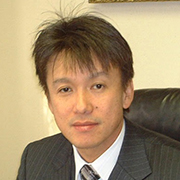
Masayuki Itagaki
Tokyo University of Science

Stefan Kaskel
Technical University Dresden
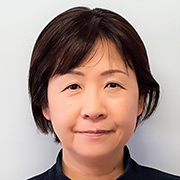
Fumiko Kasuga
National Institute for Environment Studies
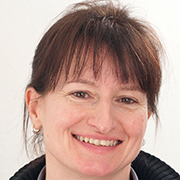
Regine von Klitzing
Technische Universität Darmstadt
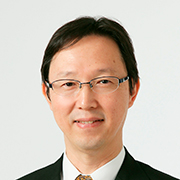
Nobuo Kimizuka
Kyushu University
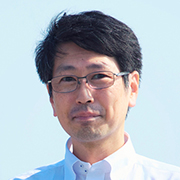
Shinichi Kimura
Tokyo University of Science
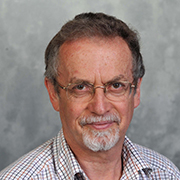
Jacob Klein
Weizmann Institute of Science

Erin Koos
KU Leuven
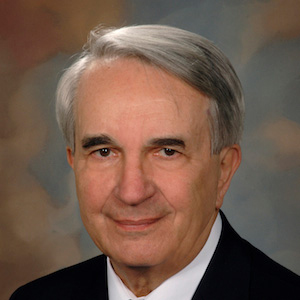
Jindřich Kopeček
University of Utah
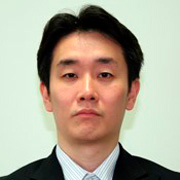
Kiyofumi Kurumizawa
Hokkaido University
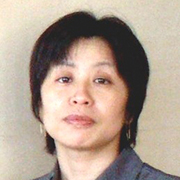
Rie Kakehashi
Osaka Research Institute of Industrial Science and Technology
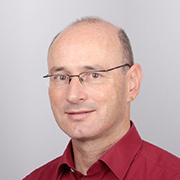
Michael Kappl
Max Planck Institute for Polymer Research
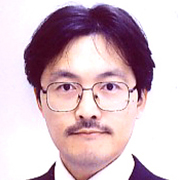
Satoru Kidoaki
Kyushu University
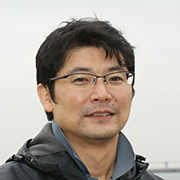
Motoyoshi Kobayashi
University of Tsukuba
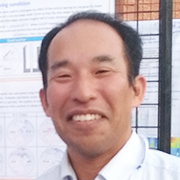
Yoshiyuki Komoda
Kobe University

Christian Lastoskie
University of Michigan
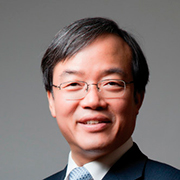
Chang-Ha Lee
Yonsei University
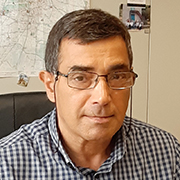
Libero Liggieri
Institute of Condensed Matter Chemistry and Energy Technologies
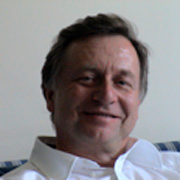
Alex Lips
Edinburgh University
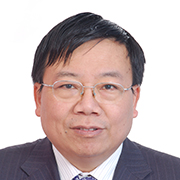
Minghua Liu
Institute of Chemistry, Chinese Academy of Science
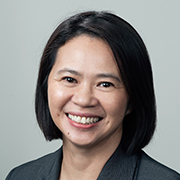
Hong Yee Low
Singapore University of Technology and Design
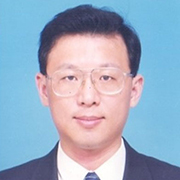
Chung-Hsin Lu
National Taiwan University
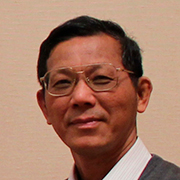
Kazuhiko Matsumoto
Osaka University
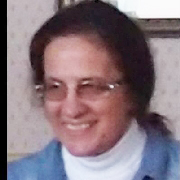
Elena Mileva
IPC-BAS
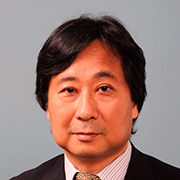
Hiroshi Nishihara
The University of Tokyo
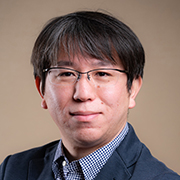
Takashi Nakanishi
National Institute for Materials Science
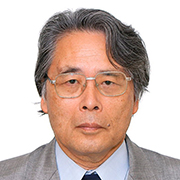
Hiroyuki Ohshima
Tokyo University of Science
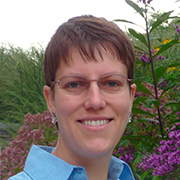
Sarah Perry
University of Massachusetts Amherest

Georg Papastavrou
University of Bayreuth
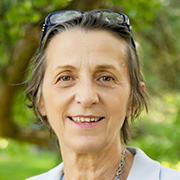
Marie-Paule Pileni
Sorbonne Universite

Walter Richtering
RWTH Aachen University
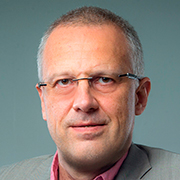
Andrey Rogach
City University of Hong Kong

Srinivasa R Raghavan
University of Maryland
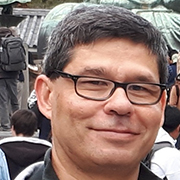
Carlos Rodriguez-Abreu
Institute for Advanced Chemistry of Catalonia
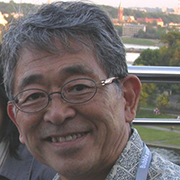
Kazutami Sakamoto
Tokyo University of Science
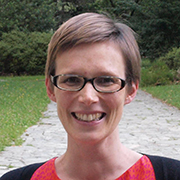
Anniina Salonen
Université Paris-Sud
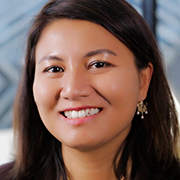
Cordelia Selomulya
Monash University
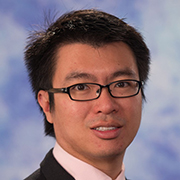
Anderson Shum
The University of Hong Kong
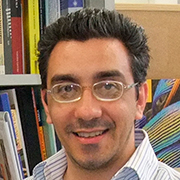
Pasquale Stano
Università del Salento
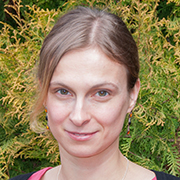
Anna Schenk
University of Bayreuth
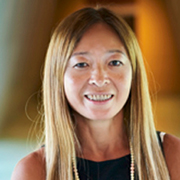
Amy Shen
Okinawa Institute of Science and Technology Graduate University
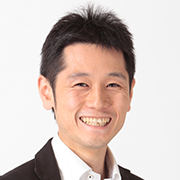
Nobuhiko Suematsu
Meiji University
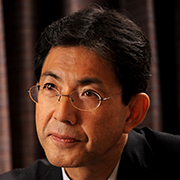
Yasuhiko Tabata
Kyoto University
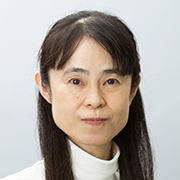
Yuka Tabe
Waseda University
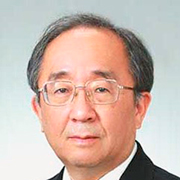
Atsushi Takahara
Kyushu University
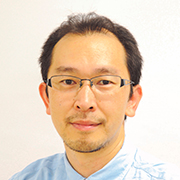
Toshiharu Teranishi
Kyoto University
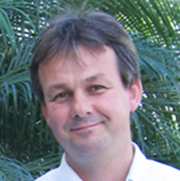
Matthias Thommes
Friedrich-Alexander-University Erlangen-Nürnberg
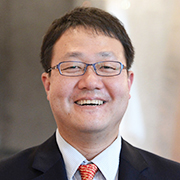
Motomu Tanaka
Heidelberg University
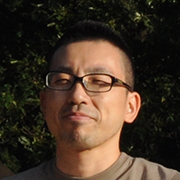
Koki Urita
Nagasaki University
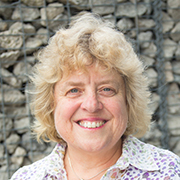
Erica Wanless
The University of Newcastle
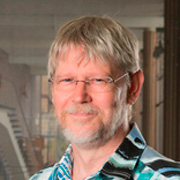
Greg Warr
The University of Sydney
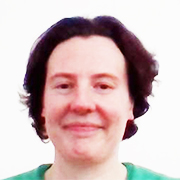
Catherine Whitby
Massey University
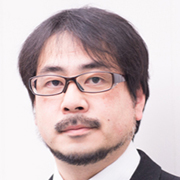
Hiroshi Yabu
Tohoku University
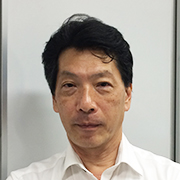
Junpei Yamanaka
Nagoya City University
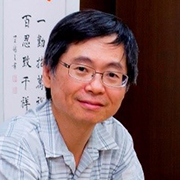
Chen-Sheng Yeh
National Cheng Kung University
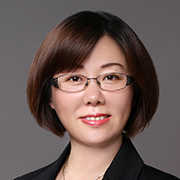
Yanlei Yu
Fudan University
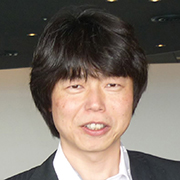
Shin-ichi Yusa
University of Hyogo
